WASHINGTON (Reuters) -U.S. President Donald Trump will announce plans for long-promised tariffs on automotive imports at a press conference on Wednesday, widening the global trade war he kicked off upon regaining the White House this year in a move auto industry experts expect will drive up prices and stymie production.
The White House has given no details on the extent of the expected tariffs, including whether there would be any carve-outs for vehicles or parts produced under the umbrella of the U.S.-Canada-Mexico Agreement, the regional trade deal that Trump negotiated during his first term that provides for largely duty-free trade with the two largest U.S. trading partners.
Trump himself has suggested tariffs could run "in the neighborhood of 25%."
A senior automotive lobbyist told Reuters that the industry was bracing for a 25% tariff on imports of finished vehicles that would take effect on April 2, the same day Trump is due to announce separate reciprocal tariffs on a broad range of trading partners.
The person added that there could be some room for parts exclusions and possible carve-outs for vehicles that met certain U.S. content thresholds, but offered no details.
REVIVED TRADE PROBE
Trade and legal experts and former U.S. officials told Reuters that to justify the tariffs, Trump was likely to revive a 2019 national security investigation into auto imports from his first presidential term.
That Section 232 probe found that imports' rising share of the U.S. vehicle market threatened national security and recommended tariffs of 25-35% on certain vehicles, but Trump ultimately declined to impose the duties.
Trump has long promised higher duties on imported cars, and the timing of the announcement suggests that they would coincide with his April 2 plans for reciprocal tariffs aimed at the countries responsible for the bulk of the U.S. trade deficit.
Trump, who sees tariffs as a tool to raise revenue to offset his promised tax cuts and to revive a long-declining U.S. industrial base, has for weeks promised to announce those levies, and possibly some additional sectoral tariffs, on April 2.
STOCKS FALL
Shares of U.S.-listed automakers fell on news of the press conference on concerns that tariffs would send shock waves through a global auto industry that is already reeling from uncertainty caused by Trump's rapid-fire tariff threats and occasional reversals.
The U.S. stock market was also lower on worries over tariffs, which have dogged investors for much of the last month. The benchmark S&P 500 Index was down more than 1% ahead of the press conference, and is down 4% so far in March for its worst monthly performance in nearly a year.
Since taking office on January 20, Trump has announced and delayed tariffs on Canada and Mexico for what he alleges is their role in allowing the opioid fentanyl into the U.S.; set import taxes on goods from China for the same reason; launched hefty duties on imports of steel and aluminum; and has repeatedly touted his plans to announce global reciprocal tariffs on April 2.
Tariffs could also drive costs of cars higher for consumers by thousands of dollars, hitting new vehicle sales and resulting in job losses, since the U.S. automotive industry relies heavily on imported parts, according to the Center for Automotive Research.
The U.S. imported $474 billion worth of automotive products in 2024, including passenger cars worth $220 billion. Mexico, Japan, South Korea, Canada and Germany, all close U.S. allies, were the biggest suppliers.
COST INCREASES
Cox Automotive, an automotive services provider, on Wednesday forecast that if there are no tariff carve-outs for the auto industry on imports from Mexico and Canada, $3,000 would be added to the cost of a U.S.-made vehicle and $6,000 on a vehicle made in Canada or Mexico.
If tariffs go through, by mid-April Cox expects disruption to “virtually all” North American vehicle production leading to 20,000 fewer vehicles produced per day, or about a 30% hit to production.
“Over the longer term, we expect sales to fall, new and used prices to increase, and some models to be eliminated if those tariffs persist, and we've yet to hear details about tariffs on the European Union, Japan and South Korea,” Cox Chief Economist Jonathan Smoke said. “Bottom line, lower production, tighter supply, and higher prices are around the corner, reminiscent of 2021.”
Incentives are already starting to decline, Cox noted. The new vehicle market is now looking at a return of inflation, Cox Senior Economist Charlie Chesbrough said on the firm’s forecast call. The average transaction price for a new vehicle is now $48,039, which is down from the peak of about $50,000 in December 2022 but up 1% from last year.
“Given the impact of tariffs, prices are likely to start rising at a much faster rate,” Chesbrough said.
(Reporting by Nandita Bose, Doina Chiacu, David Lawder, Andrea Shalal and David Shepardson in Washington; Additional reporting by Kalea Hall in Detroit; Writing by Dan Burns; Editing by Alistair Bell and Matthew Lewis)

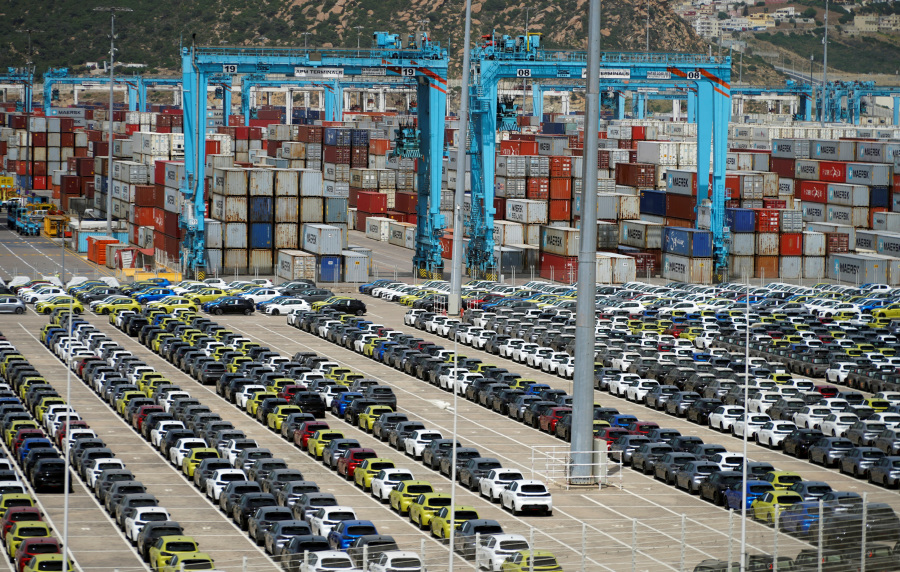
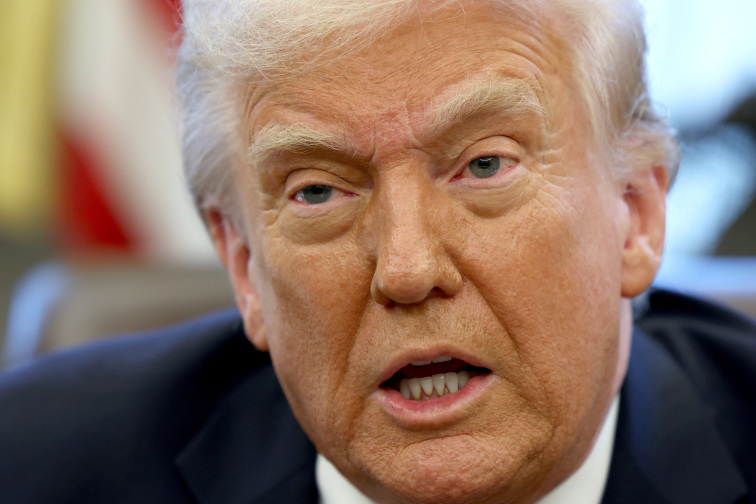
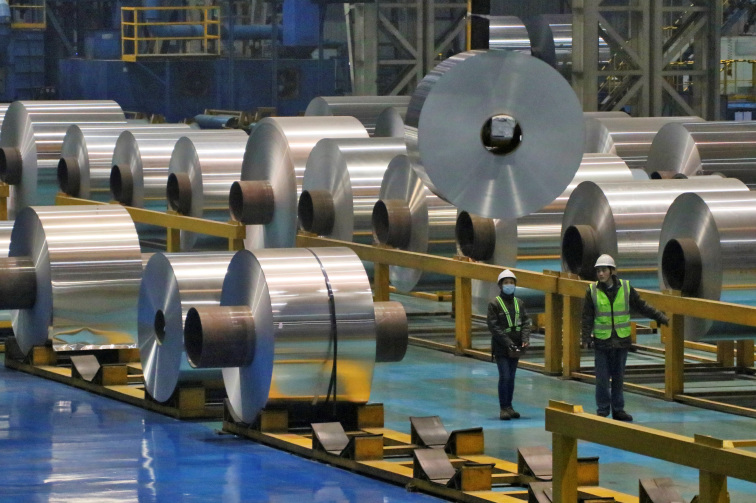

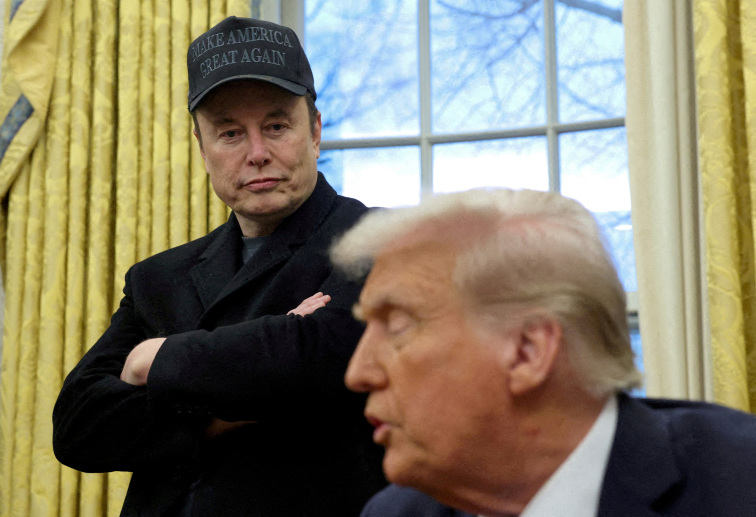
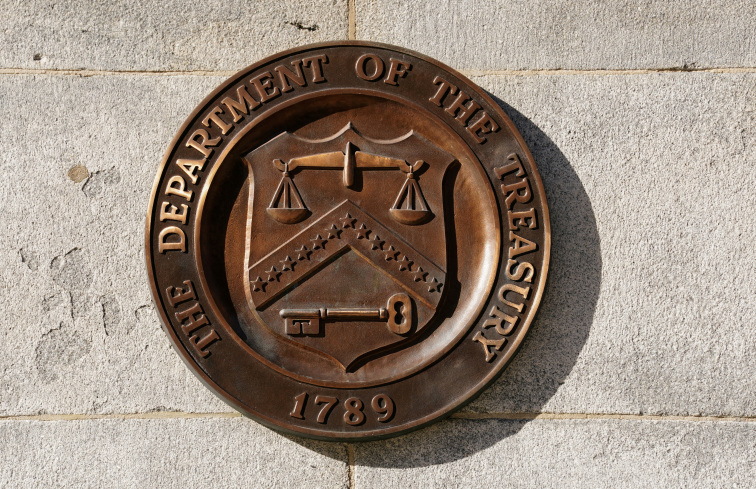
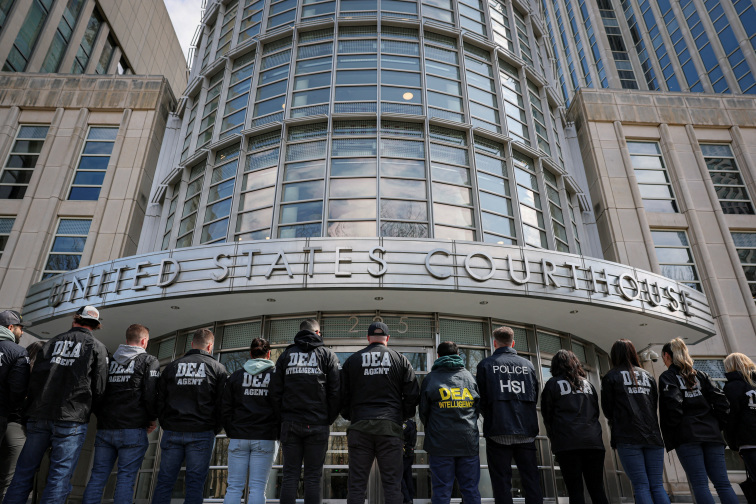
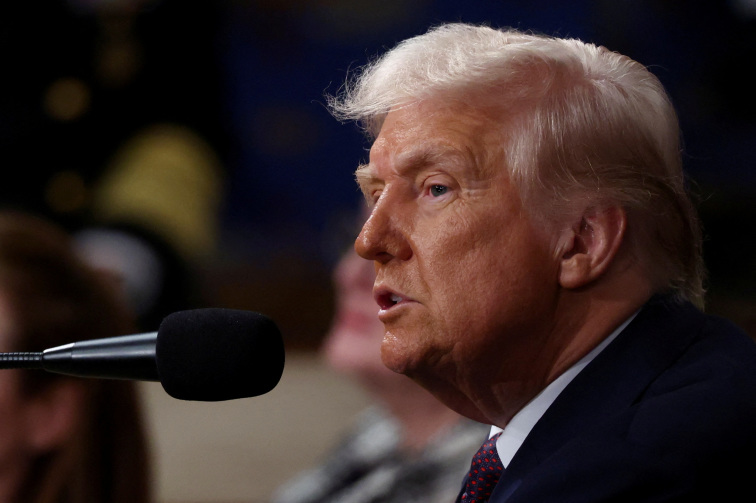
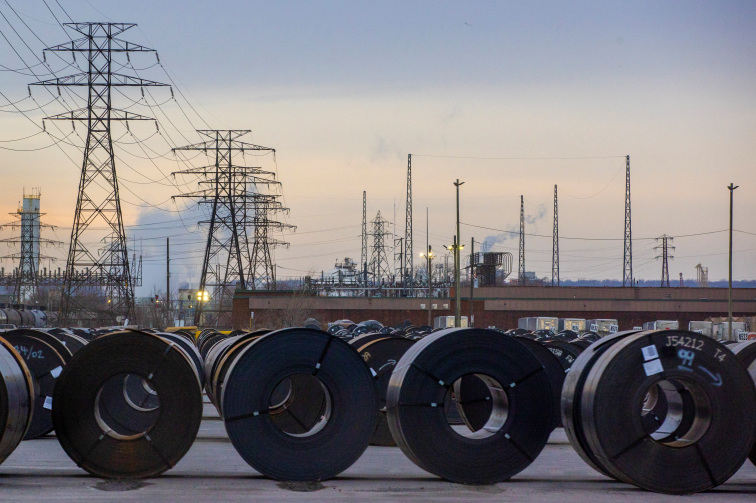

News magazine bootstrap themes!
I like this themes, fast loading and look profesional
Thank you Carlos!
You're welcome!
Please support me with give positive rating!
Yes Sure!